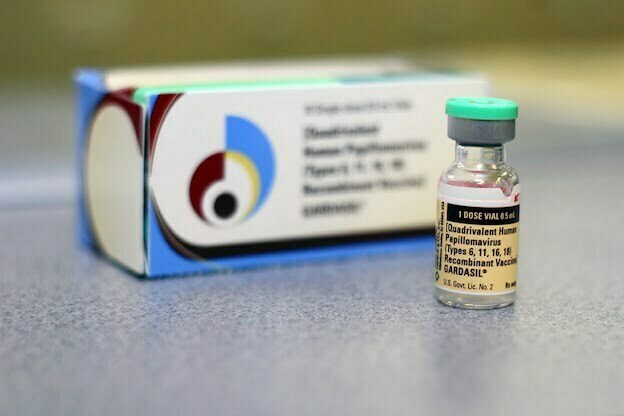Sexual Health
BPA Linked to Low Sperm Quality…?
A recent study by Dr. De-Kun Li, a scientist at the Kaiser Permanente Division of Research in Oakland, California, suggests a link between working with plastics chemicals (notably BPA) and low sperm quality.
Original article by the Huffington Post HERE.
What does this mean, and why does it affect you?
Chinese factory workers were studied for the research into the affects of bisphenol-A (a chemical commonly used in the plastics manufacture process) on their sperm quality. 218 men were involved in the study with 130 showing a lower sperm count (than the average American male) and a detectable presence of the chemical in their urine.
Notably, the lowest sperm counts were found in the men with the highest detectable levels of BPA in their urine sample.
While the study is interesting and important, there is much that is being missed here.
In such an environment, workers will be exposed to numerous chemicals, many of which may be affecting the health of the workforce. In my view they have acted in the reverse, instead of seeking the chemical and then evaluating the sperm count, they should be evaluating the sperm count and then researching the environment, lifestyles and general health of those workers.
By “seeking out” this chemical they are being blinded to the combination of likely potential causes that could all be contributing factors.
For instance, do those staff working with that chemical have a different shift pattern? Do they often miss lunch to meet a deadline? Are they on lower pay?
To have a considerably higher level of the chemical in their urine suggests that their working practices are notably different to those of their colleagues. And this suggests to me that there are also going to be significant differences to their working environment in general.
And if we’re going to lay blame with a specific chemical, It really could be something as simple as not washing their hands before lunch. Perhaps their facilities are different to those of their colleagues?
Though the original article doesn’t give an indication of this, perhaps those who work with this chemical have such levels of BPA in their urine because their washing facilities are poorer than the 88 men who had relatively normal sperm counts, perhaps those 88 worked in an office or another part of the facility where the washrooms were well-stocked? Of course, this does show the link between the chemical and a lower sperm count, but the solution is far more simple than the resulting years of research that will be wasted on finding a solution.
It really could be that simple, and as a result, many millions of $ and many years of attention could be paid to such an cause when all that was needed was new soap!
So what does this mean to you? Not much really.
While BPA is used in many plastics (including water bottles) the levels displayed are not notable. But if you do work with such products, simply washing your hands is probably enough.
But, that’s the message I wanted to give through this post. We are surrounded by chemical components every day of the week. From the start of our day to the end we are swimming through a soup of man-made materials, chemical compounds and concoctions designed to make life easier.
Is it really any surprise that many of these things will adversely affect our health? We evolve as humans to deal with threats to us in the natural world, but our bodies simply cannot evolve quickly enough to deal with the assault from the thousands of new products released into the wild every year, each one composed of chemical compounds and man-made mixtures that our bodies will need hundreds of years to get used to.
So, don’t read this post and just think of how BPA might affect your spunk. Consider what you ingest, what you eat, and what you breathe. And then ask yourself why governments are eager to label BPA as toxic (such as in the Canadian example) while they continue to allow other chemicals to be used in everyday life which have been proven to cause significantly more harm to your health after significantly lower exposure levels.
I’ll gladly drink from water bottles containing BPA, and I’ll do so while I watch our governments pumping chemicals into our water supply, allow food producers to fill their products with additives so they can look pretty on the shelves, and while they allow farmers (and I use that term loosely) to inject their animals with various compounds to encourage abnormal growth.
How Laptops Might Affect Your Genitals (and not in a good way!)









